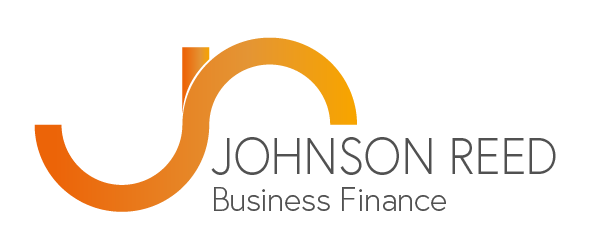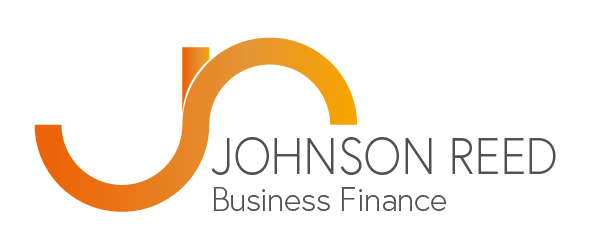You may rely on cars, vans, trucks or motorcycles to carry out your daily operation, but we know that acquiring them can be harder than it seems. Total purchase costs are high. It doesn’t matter whether you’re a startup or a more established business with extensive growth ahead, all can come up against a roadblock when it comes to financing vehicles.
And buying them outright may not be the smartest business decision available to you either. When you don’t own a vehicle, you can claim your monthly repayments for it as a business expense and deduct its running costs from your Corporation Tax liability – giving you the freedom to use your budget for more pressing matters.
That’s why leasing a vehicle makes sense.
Still, this is a subject more people need to learn about. If you’re asking how a vehicle lease works, Johnson Reed have all the answers. Buckle up and let us take the wheel as we explore why leasing a fleet is just common sense lending.
What does ‘fleet’ refer to?
Technically, you only have to apply for two or more vehicle contracts for it to be classified as fleet expenditure. Anything with a motor, on the road, counts. The vehicle must be taxed and used either exclusively for business or a mixture of professional and personal journeys. You can either pay for it over a period suitable to you and the lender, handing it back when your lease expires, or make what is known as a ‘balloon payment’ (a payment based on the vehicle’s resale value) at the end of the contract to claim eventual ownership.
How much does a lease cost?
Some of the factors that’ll push your lease price up or down include:
- The age of the vehicle
- Mileage limits
- The perceived risk your drivers may carry
- Vehicle depreciation
- The length of time the lease will last.
Interest also fluctuates based on how financially stable your business appears to a lender, and how likely they think you’ll be able to pay everything when it’s due.
The contracts you’ll be looking at
How a vehicle lease works depends on the mechanics of your business and the type of work you do. Here’s an overview of the main leasing categories:
- Personal Contract Hire (PCH), which gives you a new vehicle with fixed costs every month. 50% of the VAT can be reclaimed. Maintenance and repair packages are often included.
- Business Contract Hire (BCH) for sole traders and limited companies. Much of the above is true of BCHs as well, except that either 100% or 85% of the leasing fees count as a business expense, reliant on levels of CO2 emissions.
- A Finance Lease that can lower the monthly repayments even further, as long as you pay the balloon payment at the end of the contract.
- Personal Contract Purchase (PCP) is normally the most expensive of the four, yet leaves the vehicles in your hands forever when the deal expires. However, you’re free to change your mind, or use a disparity in the balloon price and final resale value to stake as equity on the next contract.
Obtain a lease agreement with Johnson Reed
To make investment a reality, you should feel empowered – which is something that Johnson Reed prides itself on doing for our clients.
We’re experts at how a vehicle lease works, so you have a spotless route to approval. Speak to us for more information.


